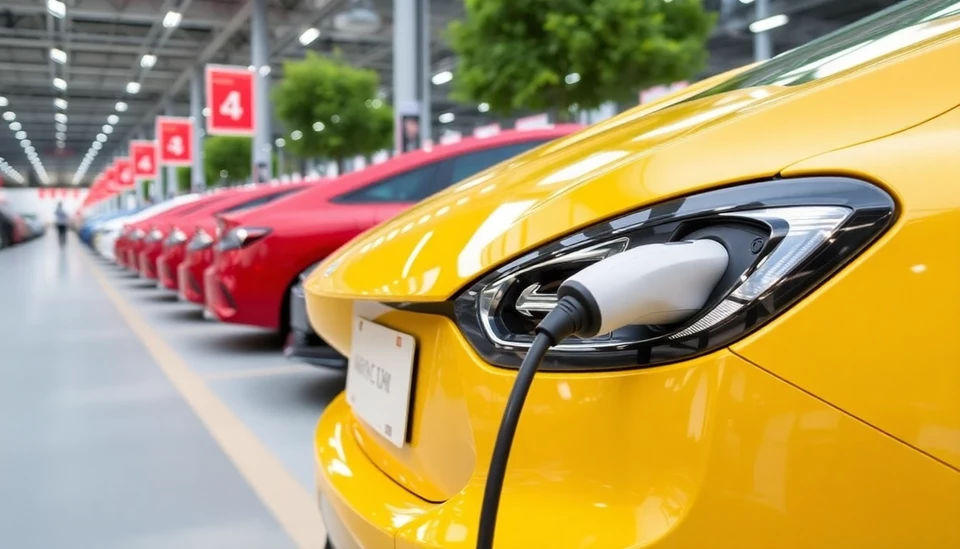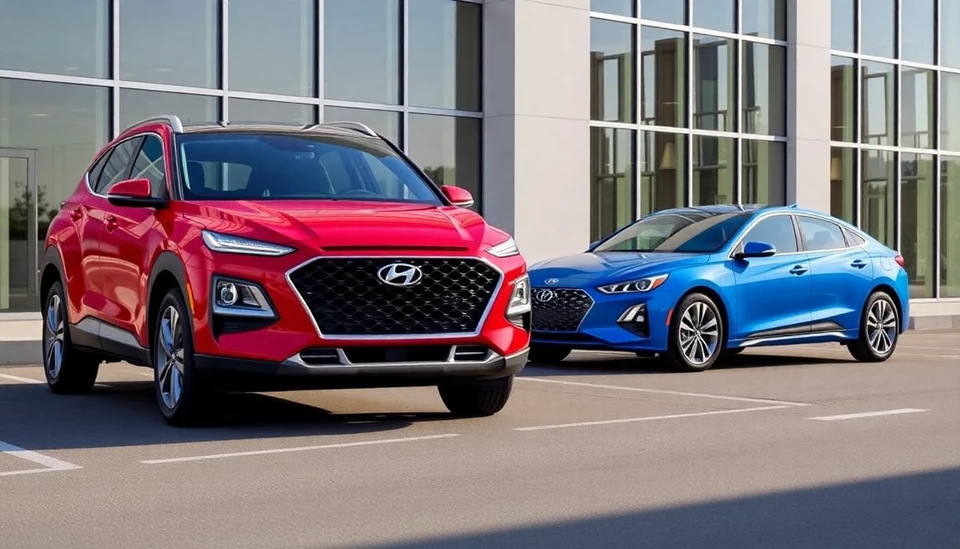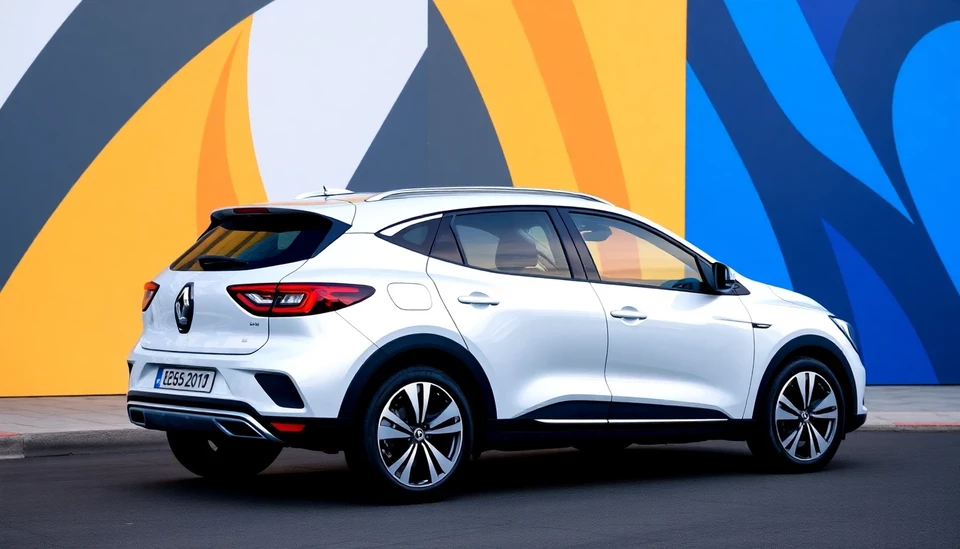
According to recent industry data, sales of electric vehicles from Chinese manufacturers BYD and SAIC have dropped to their lowest in more than a year in the European market. The precipitous fall in sales constitutes a severe setback for China's aspirations to dominate the global electric vehicle market, particularly in Europe, where local players draw their levers ever tighter.
It is also a coincidence that this decline coincides with the period of increasing competition and market saturation. European consumers have been slowly aligning their preference toward homegrown brands and established international brands, which has, in effect, left the relatively new Chinese entrant relegated. Other than these, the overall economic uncertainty, coupled with disruptions within the supply chain exacerbated by ongoing geopolitical tensions, further complicates matters for Chinese manufacturers.
Data show that BYD, among the largest electric vehicle makers in China, saw its sales drop by a pretty high margin. With all the aggressive marketing and competitive pricing it has pushed in Europe, the latest figures from BYD hint that this market remains a tough nut to crack. Similarly, another large Chinese manufacturer, SAIC Motor Corporation Limited, also reported a sharp drop in sales that further underscores the challenges faced by the Chinese EV producers here.
This sharp decline, according to analysts, is for a number of reasons: increased competition from European giants like Volkswagen and Renault, which have been ramping up their EV offerings. Additionally, the uneven subsidies that different European countries implement, along with strict new regulations designed to promote locally manufactured vehicles, have further hurt the prospects of the Chinese brand.
These would seem to be a wake-up call to the Chinese automakers who have invested heavily in both technology and infrastructure in order to achieve a foothold in the lucrative European market. What becomes clearer by the day is that more localized strategies, partnerships with European firms, and a finer sense of consumer preference will be needed.
According to industry experts, Chinese EV makers may have to reconsider their strategy for the future. Brand building and consumer confidence alone cannot be achieved through price competitiveness in such a highly oligopolistic market. Improved after-sales services, long warranties, and appealing to the ecologically sensitive European consumers with greener practices are likely to tip the balance in favor of Chinese EV manufacturers.
But the question is how the Chinese automakers will update their strategies to overcome such hurdles as the race for dominance in the global EV market gains momentum. Whatever the case, one thing is for sure: the road to capture key shares of the European EV market is going to be far from easy and will require a more multilayered approach.
#ElectricVehicles #ChineseManufacturers #BYD #SAIC #EuropeCarMarket #AutomotiveIndustry #EVSales #GeopoliticalTensions #MarketCompetition #SustainablePractices
Author: Laura Mitchell




